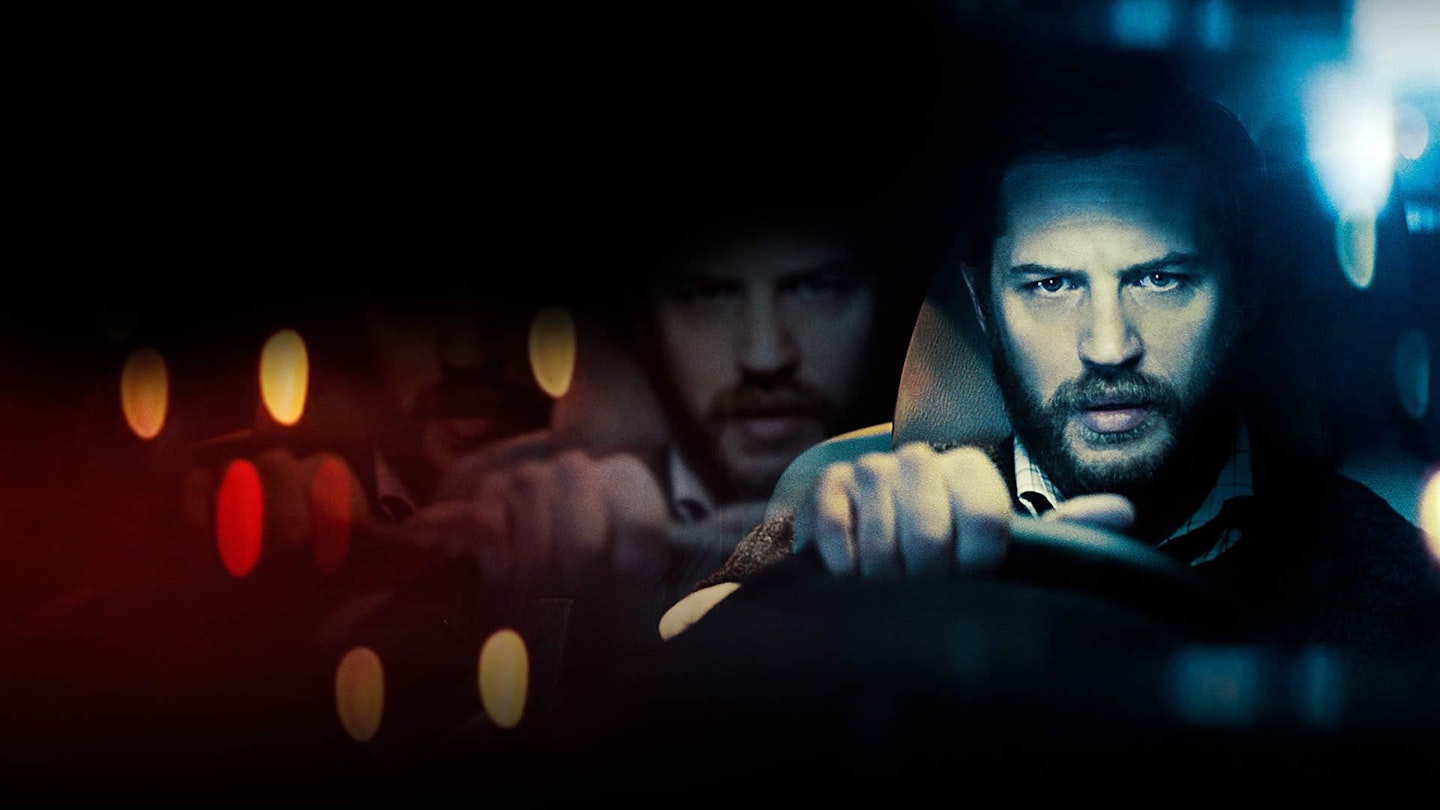After a stuttering start to his directorial career with Statham-in-Soho drama Hummingbird, Steven Knight has hit the criticial motherlode with his follow-up. His acclaimed drama, Locke, is what the writer/director describes as “a very ordinary tragedy” in which construction site foreman Ivan Locke (a stellar Tom Hardy) skips out on a vital concrete pour for a night drive down the M6 that will change his, and several other lives. Back in his hometown for the film’s Birmingham premiere, Knight talks Empire through the five stages of making his auto-drama.
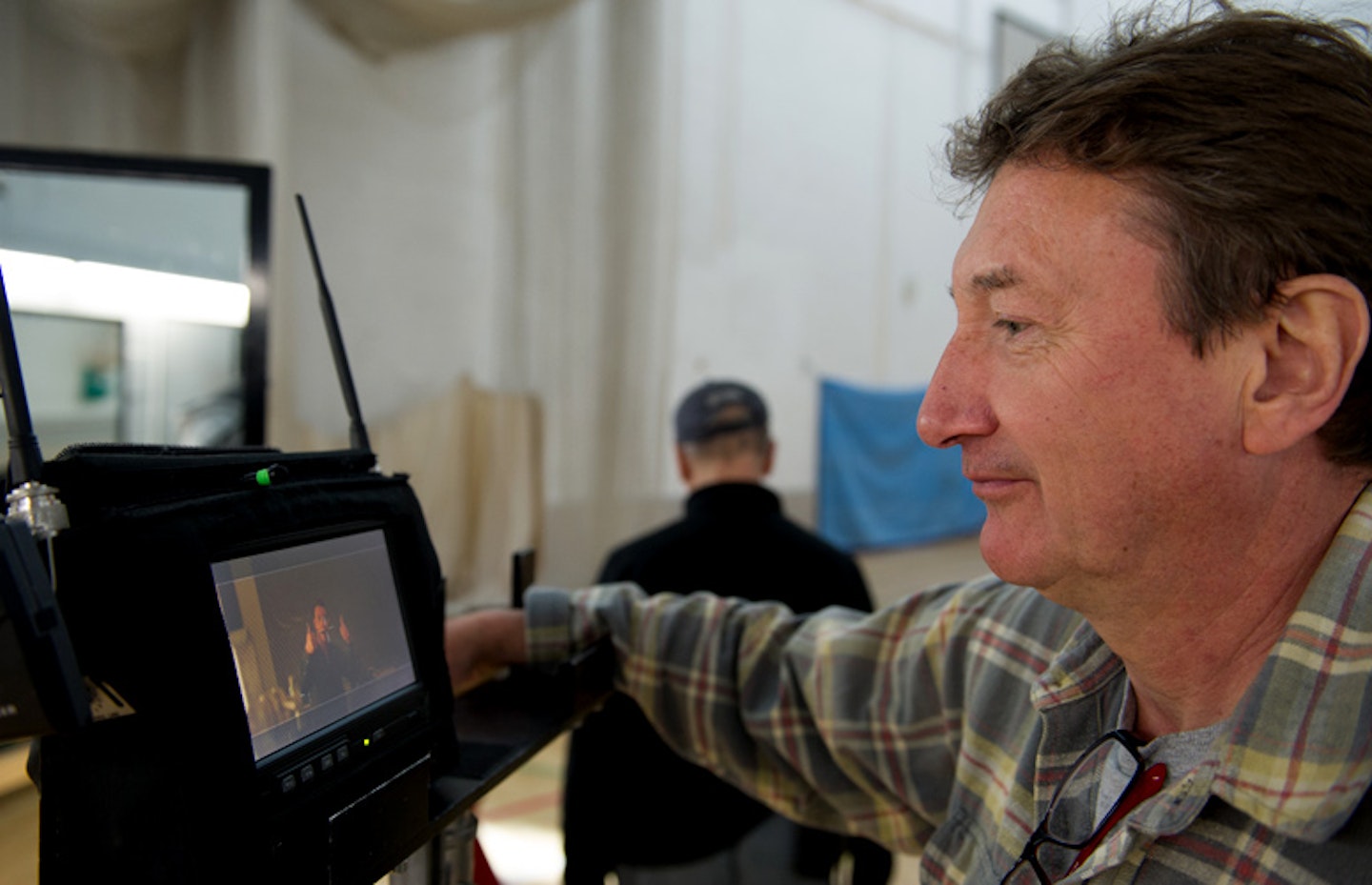
“My original idea was to point the camera at something that wouldn’t make the news or the papers but that, for the people involved, is the end of the world. It’s happened to a very ordinary person and that’s its appeal. The best reviews I’ve seen say, ‘It’s a man in a car for 90 minutes but…’. It’s the story of an ordinary man and a decision he makes, and I think people can identify with that. The point of the whole exercise is for people to forget that it’s such a different format and engage with the character and the story. I tried to reflect what I believe, which is that when you’re alone in a car, you’re alone in a very specific way, when you reflect on your life and the things you’ve done. Am I a mellow driver? Oh god, yes. Very mellow. I’m not vulnerable to road rage. I don’t listen to music, I listen to TalkSport. I think any anger gets vented by the radio."
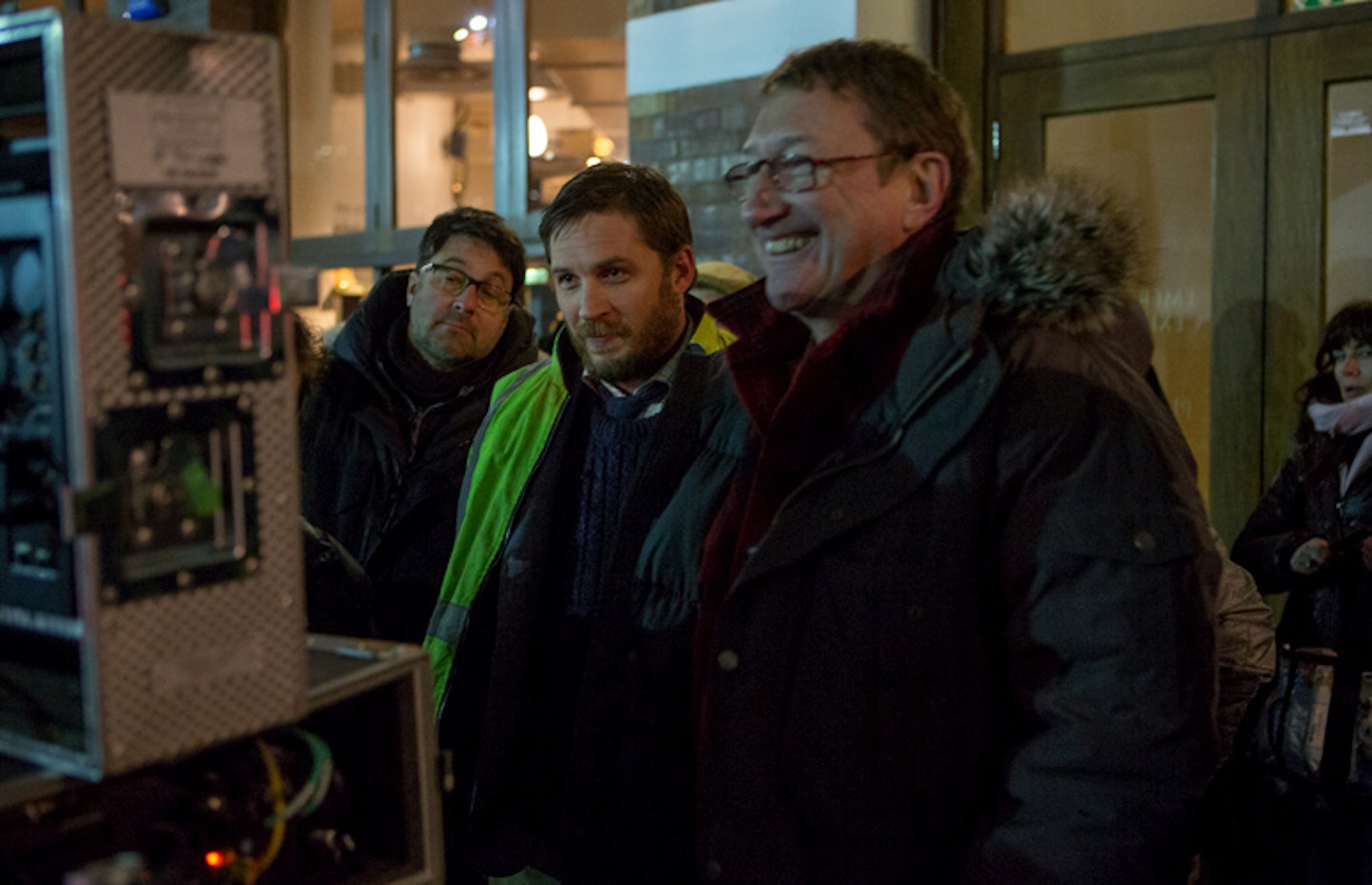
“For me, writing is a compulsion. When you write a film, you have it in your head – it’s edited and performed and lit – and then you have to bring it into the real world. That’s when it gets tricky. I’ve been so lucky that the directors who have taken my work have been so good (Knight has written Eastern Promises for David Cronenberg and Dirty Pretty Things for Stephen Frears, among others), making huge improvements on what I’ve done and variations that have been good, but it’s never the film that’s in your head. My desire to direct was to see how close to that film one can get. It’s always very difficult, but with Locke, because it’s such a controlled experience, it’s pretty close. I feel I have to direct for the sake of the script, rather than the other way around. As research, I spent time with the man who built The Shard. He started when it was a patch of ground and finished when it was finished. What a stressful job! The idea of organising that… he’ll get in his car, drive home and no-one will know who he is. That was also one of the reasons for making the film: to look at the ordinary and make it dramatic."
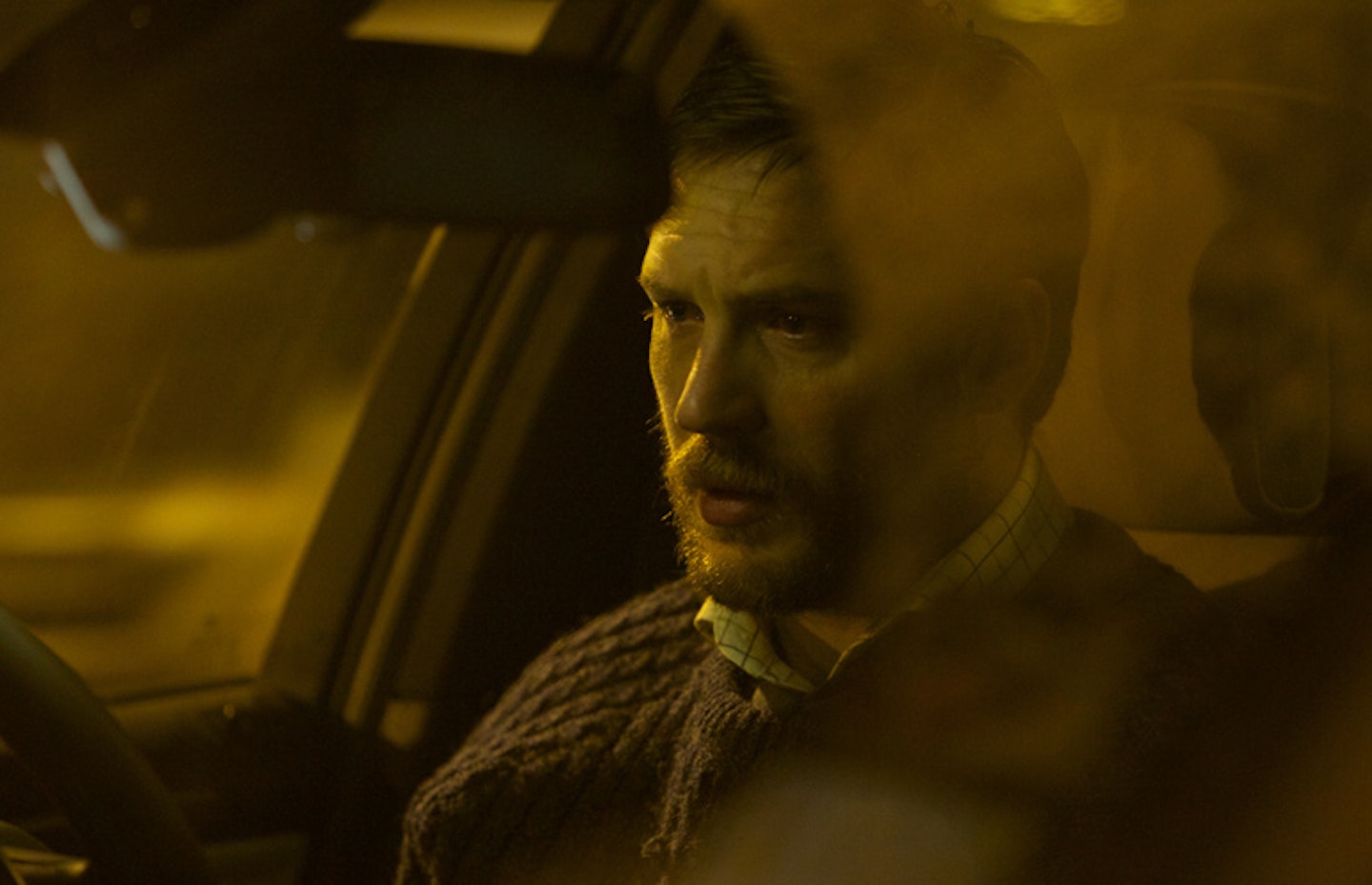
"It was Tom’s idea to make Locke Welsh; before that he wasn’t really from anywhere. He was just an ordinary man who plausibly needed to have a pretty poor, working-class background. I was always emphasising that this was a man who needed to be ordinary, and Tom said that he had a friend who he said is an ordinary bloke who was Welsh. It is a working-class accent but it doesn’t have the baggage of other accents and it’s not quite as harsh – it feels quite gentle and soothing. He spent some time listening to Richard Burton reading Under Milk Wood to get that lilting quality. In terms of character details, the lifeboat (the Royal National Lifeboat Institution) sticker on the windscreen is good, because his journey felt like a ship in a storm at night. His beard and the woolly jumper is a costume of ordinariness."
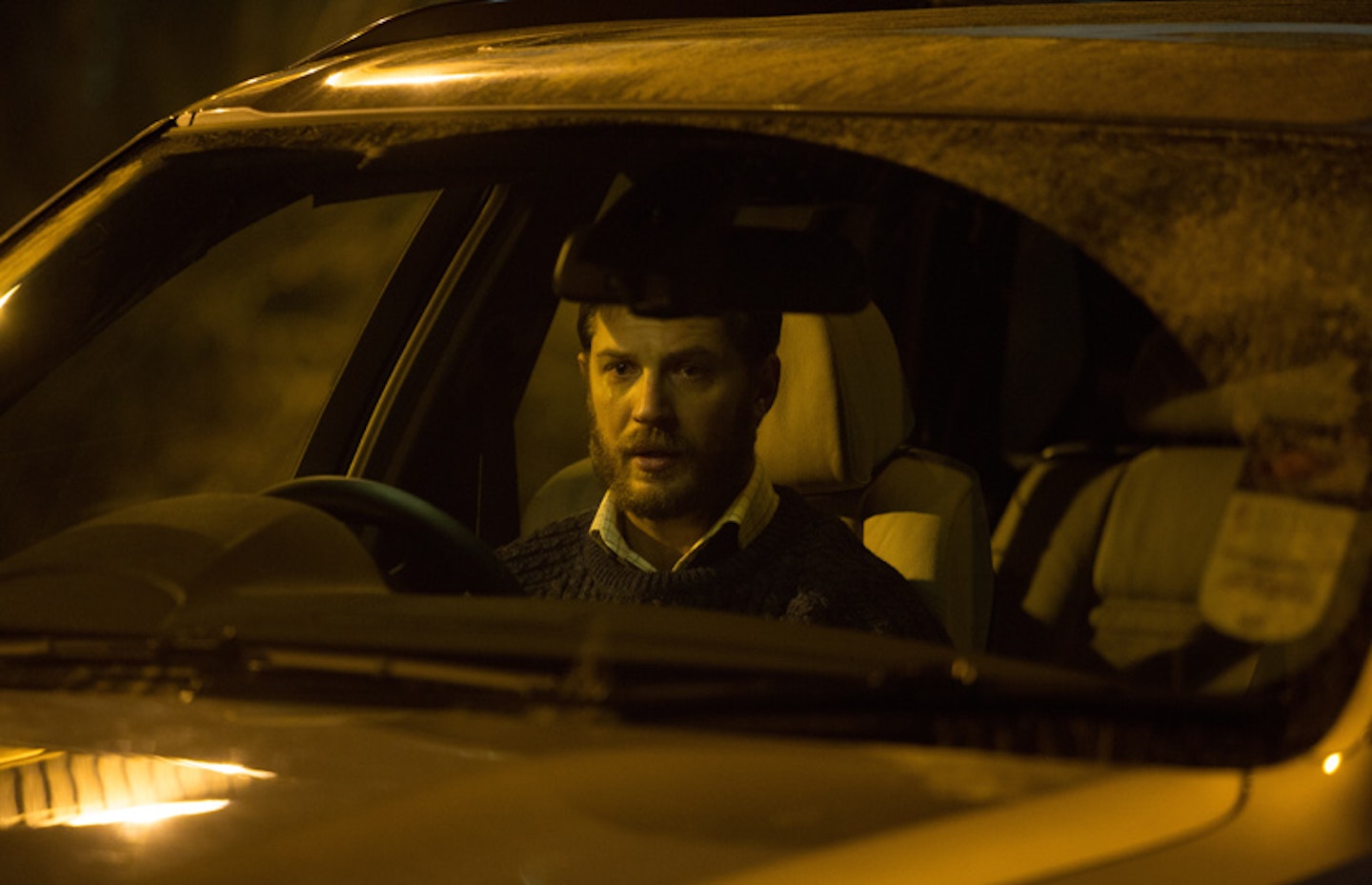
“This whole process of [making] Locke was taking the extreme of what won’t work and seeing if it would work. So it’s shooting in cars; a man who works in construction and deals with concrete; and no-one dies. Shooting in cars is famously horrible. It’s a pain for all sorts of reasons of space and continuity, but because of the nature of the way we shot this, which was to put three cameras in the car and just start rolling and shoot the whole film all the way through, we didn’t really have a continuity problem. The background is pretty chaotic and it’s changing all the time, with reflections and lights. There was a rattle in the car and the sound department, quite rightly, said that we needed to get rid of it – you can sit by the side of the road for hours while you’re sorting that out – and my thought was that sometimes when you’re in a car things rattle, so let’s leave it. When I watch it back that ‘tick-tick-tick’ rattle almost adds to the tension. If you’re open to happy accidents then there’s less of a problem. BMW lent us two cars for two weeks. We’d originally wanted to use Land Rover but they didn’t want to know. Looking back now, it looks like a BMW commercial at times. We should have done some kind of tie-in, but we never did. A Scalextric tie-in is a great idea."

“The physical nature of [night shoots] has made me respect directors so much more. What are my survival tips? Spielberg said to wear comfortable shoes. Normally I’d be drinking tea or having a beer at that time, but when you’re filming it’s almost like nothing else exists. The thing about Locke was that the best, downbeat performances came at the dead of night, when everyone was tired and the road seemed endless. Tom was very keen to stay with the script and because he had autocue, we were able to do that pretty much word for word. Directing is hard, but the thing I’m interested in is the performance. You trust the people around you to do the other stuff, but the performance you have to get yourself."
brightcove.createExperiences();“There’s a temptation always to sell something as the same as something that’s already been done, because you’re hedging your bets. I think it’s a mistake to say that this a Jason Bourne-style thriller, because it just isn’t, but it’s something that’s very close to home and it’s an experience. The people who have seen it talk about it as an experience rather than as a film, which is hugely encouraging."
